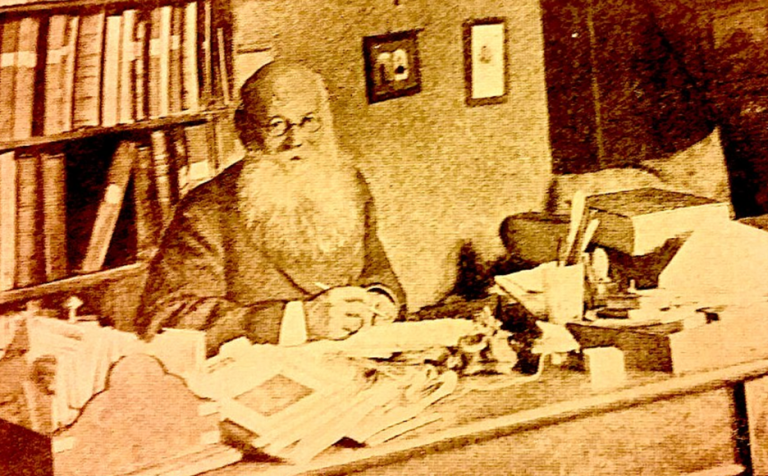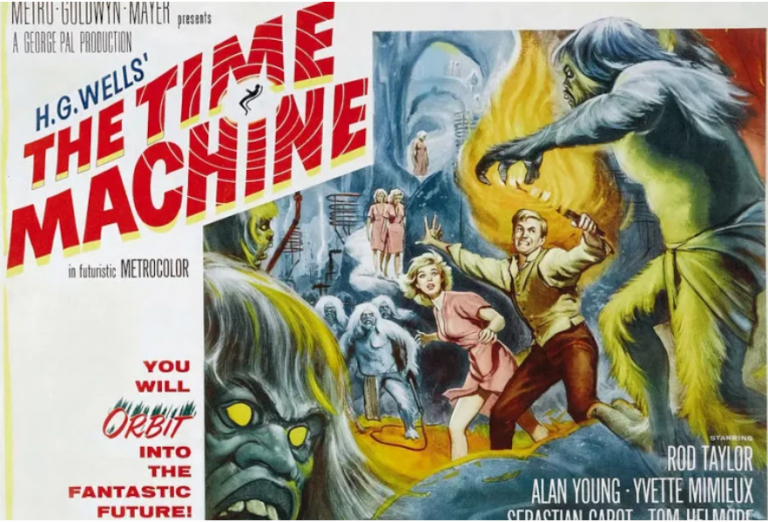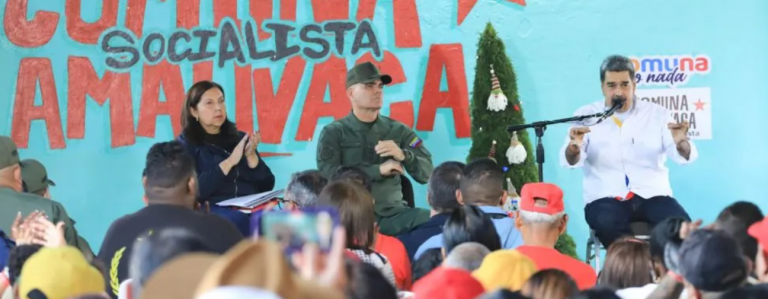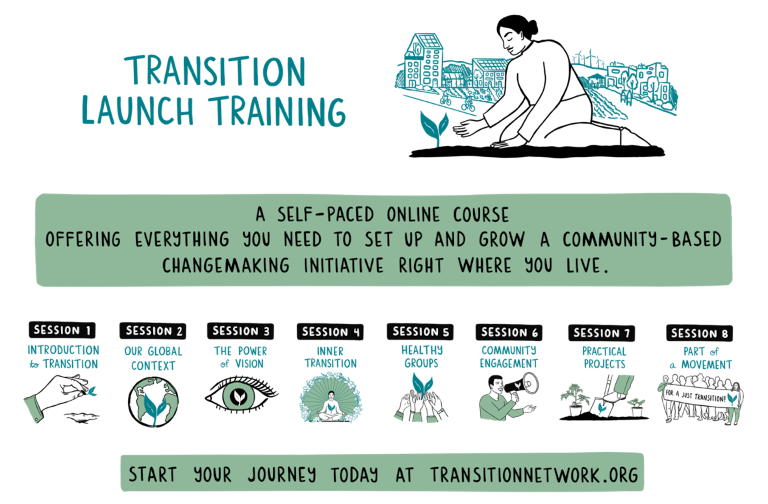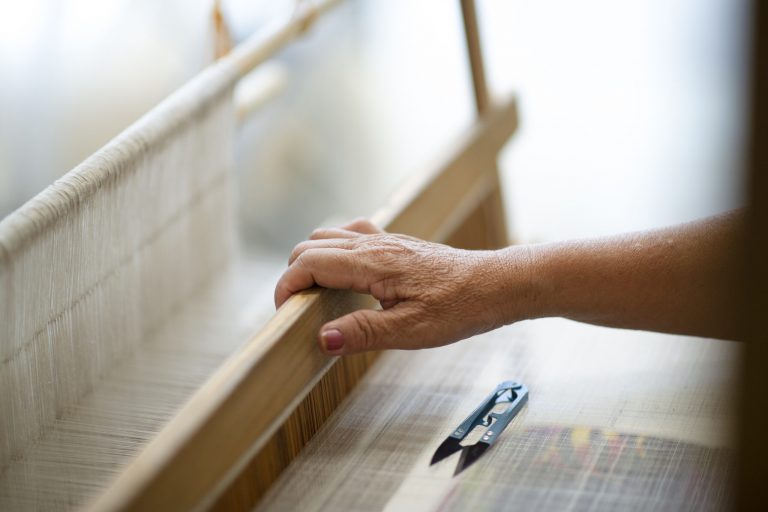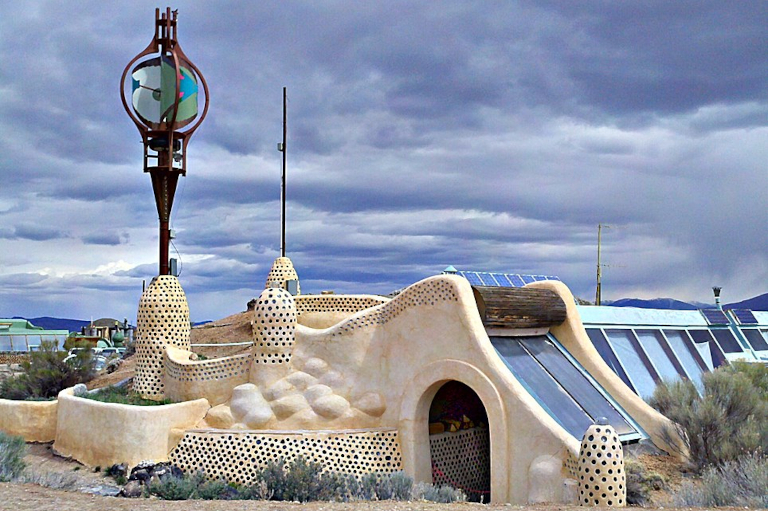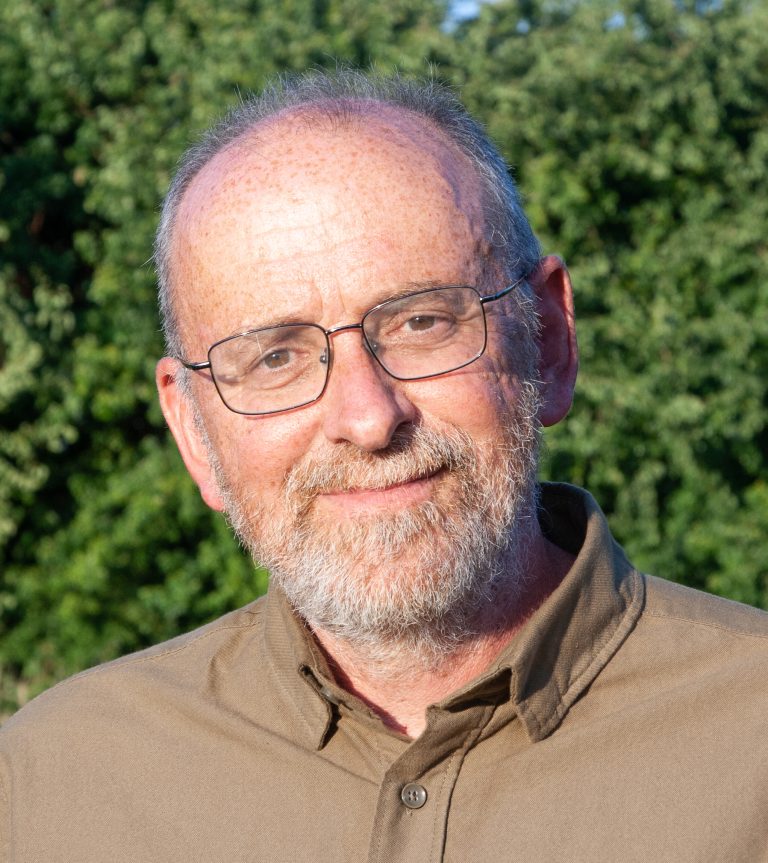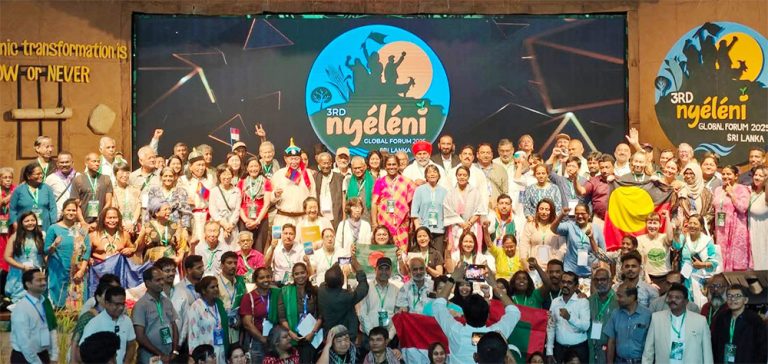Mutual Aid Or Mutual Assured Destruction
Kropotkin’s political ideas arose largely from his study of animal life and peasant society during his time in Siberia. It was on the basis of his observation of animal and human cooperation that he concluded that mutual aid, and not mutual struggle, is the primary factor in human evolution and survival. This was an argument in direct contradiction to the evolving consensus at the time put forward by Herbert Spencer and Thomas Huxley of a war for survival of the fittest.
Kropotkin’s argument is essentially this: Human individuals and societies are both competitive and cooperative. The question is which has been more important in the survival of species.

